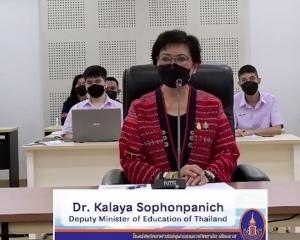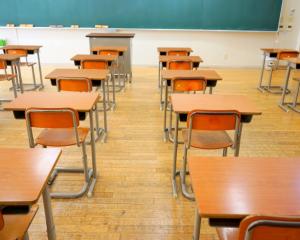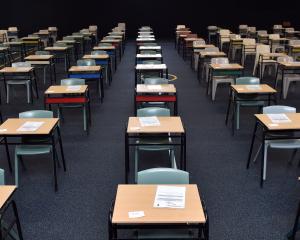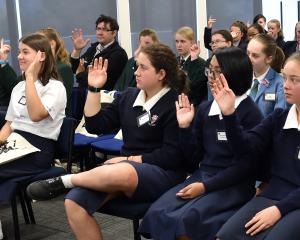A survey of some of the hand-washing facilities in 68 South Island primary schools found that only about 20% complied with three Ministry of Education standards.
The survey, which looked at the facilities in toilets used by year 3 pupils in some schools in Invercargill, Christchurch and Dunedin, was part of the information gathered in a study involving the use of hand sanitiser.
Principal investigator Dr Patricia Priest, who is a senior lecturer at the University of Otago's department of preventive and social medicine, said only about a fifth of the schools met all three of the Ministry of Education's standards requiring piped warm water, liquid soap and hand-drying equipment.
About half offered only cold water, which made washing hands less attractive and decreased the likelihood of washing being done for the required 20 seconds.
Twelve of the toilets surveyed had no drying facilities.
Five also had no soap available, while a further four had liquid soap dispensers which were not working.
Dr Priest said the standards were set by the ministry in 1992.
The idea was that as toilets were updated, they would be made to meet the standards.
The data from the 2009 sanitiser study involving about 15,000 primary school pupils and costing about $800,000 is still being processed, a task which has taken much longer than expected.
It had been hoped results would be available earlier this year.
Dr Priest said it was a large study and involved complex data and the research team wanted to make sure it was done properly.
The study, funded by the Health Research Council, was designed to see if improving hand hygiene made a difference to absence due to illness in winter terms.
Sanitisers were used because it would have been too difficult to monitor handwashing and ensure consistencyIn the study, half of the 68 schools installed alcohol-based sanitisers in classrooms.
Pupils lined up to use them before going out to play or for lunch.
The sanitiser was in addition to, rather than instead of, usual hand-washing.
About 2500 randomly selected children forced to be absent from school by illness were also followed up to gather information about the economic impact of children being home from school.











